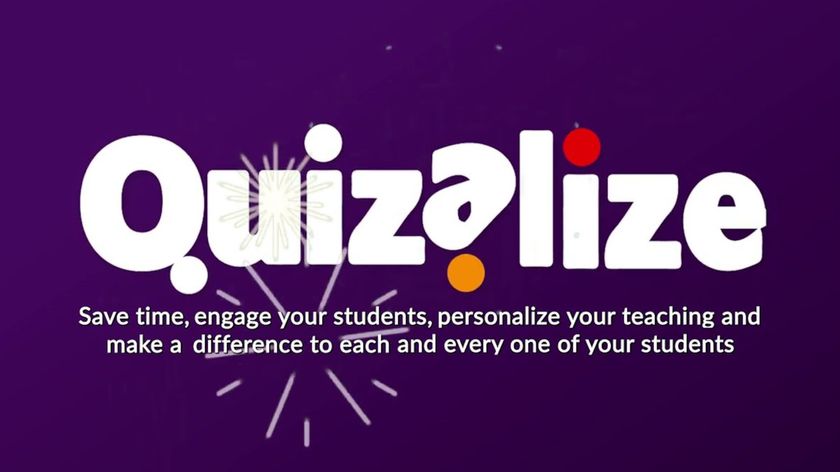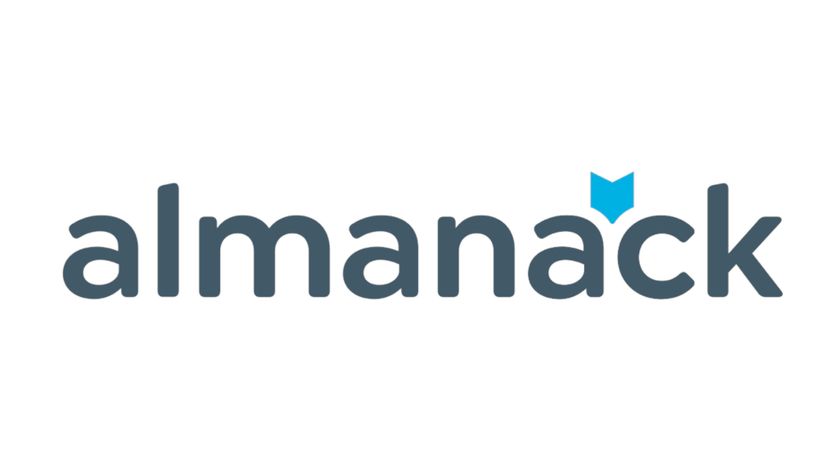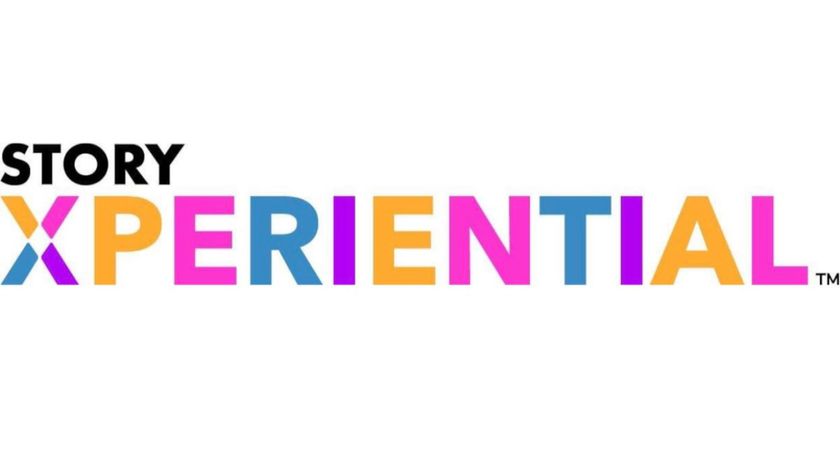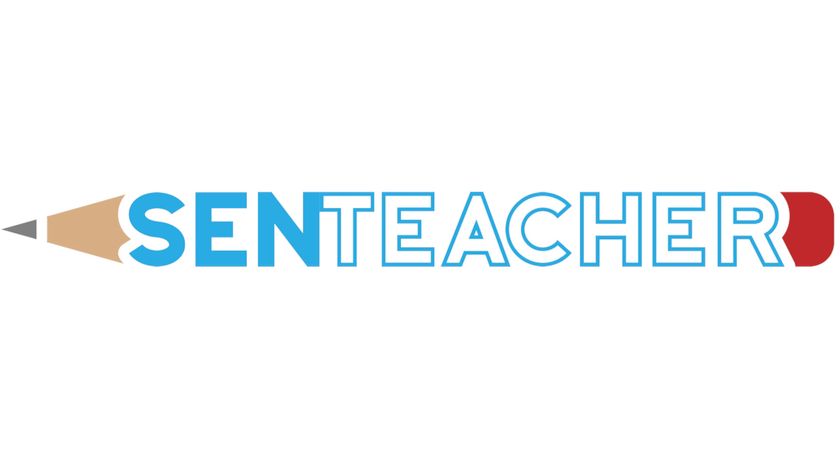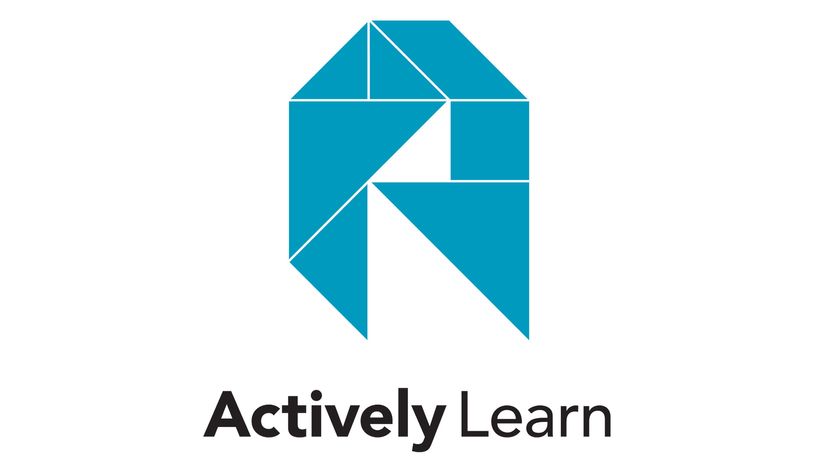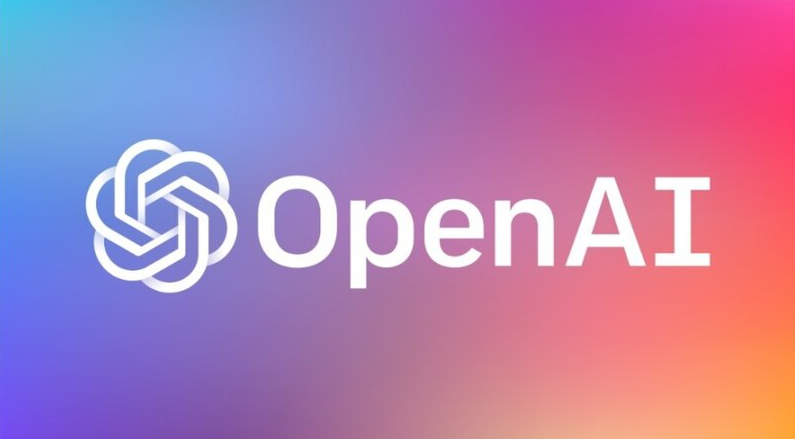9 Grant Proposal Review Questions to Ask Yourself
Before you send a grant proposal, asking these questions can help ensure its success

Writing a major grant proposal is both exhausting and exhilarating. You’ve marshaled all available resources, enlisted the help of all stakeholders, and followed the directions carefully to write a proposal that best describes the project you believe will make a difference for students in your school or district. Congratulations!
The next step is to send it off. But wait! Maybe you should put it aside for a day or two and then check it over one more time before you seal the envelope that will seal its fate.
Use the grant proposal review questions below to make sure your application is the best that it can be.
9 Grant Proposal Review Questions to Ask
Does the proposal:
1. Demonstrate a compelling need for the grant?
Be sure that you stated your problem or need in clear, concise terms and showed how the needs are aligned to the goals of the grant.
2. Include specific, measurable goals and objectives?
Tech & Learning Newsletter
Tools and ideas to transform education. Sign up below.
The goals and objectives section of the proposal determines the strength of your application. Be sure you focused on what you want to accomplish and clearly stated the specific results or outcomes you plan to achieve with your project.
3. Match your answers to the grant’s selection criteria?
Make sure that you’ve thoroughly reviewed the requirements and tailored your answers to match the criteria. You should show how your project will give the funders the success they are looking for.
4. Explain the expertise of the staff?
You can best achieve your goals if you have a staff who’s experienced. Be sure you document the expertise of the people who will work on the project to let grant readers know that you are poised to achieve your goals.
5. Describe the commitment to making it work?
How you write about your goals is important. Use visionary words such as develop, establish, improve, increase, produce, and provide. Do you explain how the program is sustainable even after the grant period is over? Be sure you mention how long you intend to implement your project and if you plan to extend it to help other students, schools, or districts.
6. Make it clear that the grant funds are essential?
Describing how you will use the funds you receive from the grant is crucial. Break down clearly but briefly how you will spend the grant. State exactly what you plan to purchase and the cost so it’s clear you understand any limitations to using the funds.
7. Show what you mean by success and how you will measure it?
Your grant proposal must define what success looks like and how you will know when you’ve achieved it. You should use measurable benchmarks to document successes. Demonstrating prior project successes and use of funds will help you win this grant. You should state what you’ve already achieved and what results you’ve already seen, even if it’s just with a small test group of students.
8. Steer clear of jargon?
Write clearly and concisely and in layman's terms. Don’t use wording that is esoteric or academic. Explain simply what you want to do and how you will do it. The clearer you are, the better the funders will understand what you want to accomplish.
9. Is the need and use of technology clearly defined?
Technology should be incorporated into the project as needed but this shouldn’t be a wish list of items. You should explain exactly how technology will be used to achieve goals.
If your answers show that you’ve addressed all of the issues, you’re almost ready to ship off your proposal. But take just a little more time.
A few more questions to consider before sending:
- Is your idea for the grant significant, compelling, and actionable?
- Does your funding proposal contain a sense of urgency?
- Do you clearly understand the mission of the funder?
- Does your application include a clear summary that articulates your vision for the project and need for the money?
- Are there specific, measurable goals and objectives that align to your needs?
- Does the proposal tie into the school or district’s plans?
- Does your proposal reflect best practices for instruction and learning?
- Do you have stakeholder buy-in?
- Is there a detailed budget for your proposal?
- Is there sustainability after the funds are spent?
- How will the needs of the community be met moving forward?
You’ve done everything right so it’s finally time to submit your proposal. Good luck!
Gwen Solomon was Founding Director of The School of the Future in New York City, Coordinator of Instructional Technology Planning for New York City Public Schools, and Senior Analyst in the U.S. Department of Education’s Office of Instructional Technology. She has written and co-authored several books and many magazine articles on educational technology.
